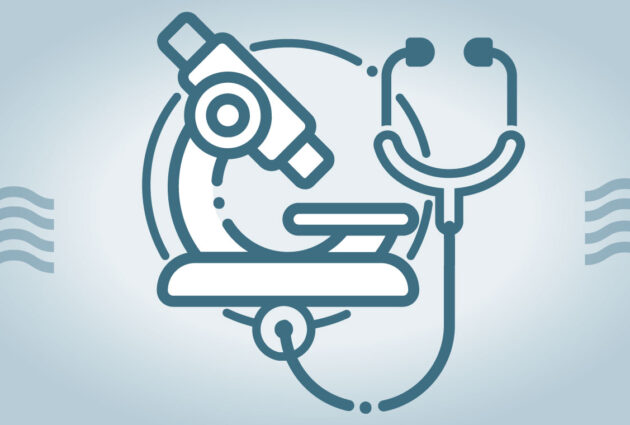New Investigator Program
Novel Approaches to Discovering Rheumatoid Arthritis Susceptibility Genes
Awarded in
2025
Rheumatoid arthritis (RA) is a common autoimmune disease that affects joints and increases the risk of fibrotic lung disease, hypertension and cardiovascular disease. In Wisconsin, it affects about 90,000 individuals and is a leading cause of disability. This study aims to discover new genetic risk factors for RA by using advanced statistical methods to analyze large-scale genetic data from biobank databases. These innovative approaches could uncover previously unknown genetic variants that contribute to RA, paving the way for better diagnosis, treatment and prevention.
